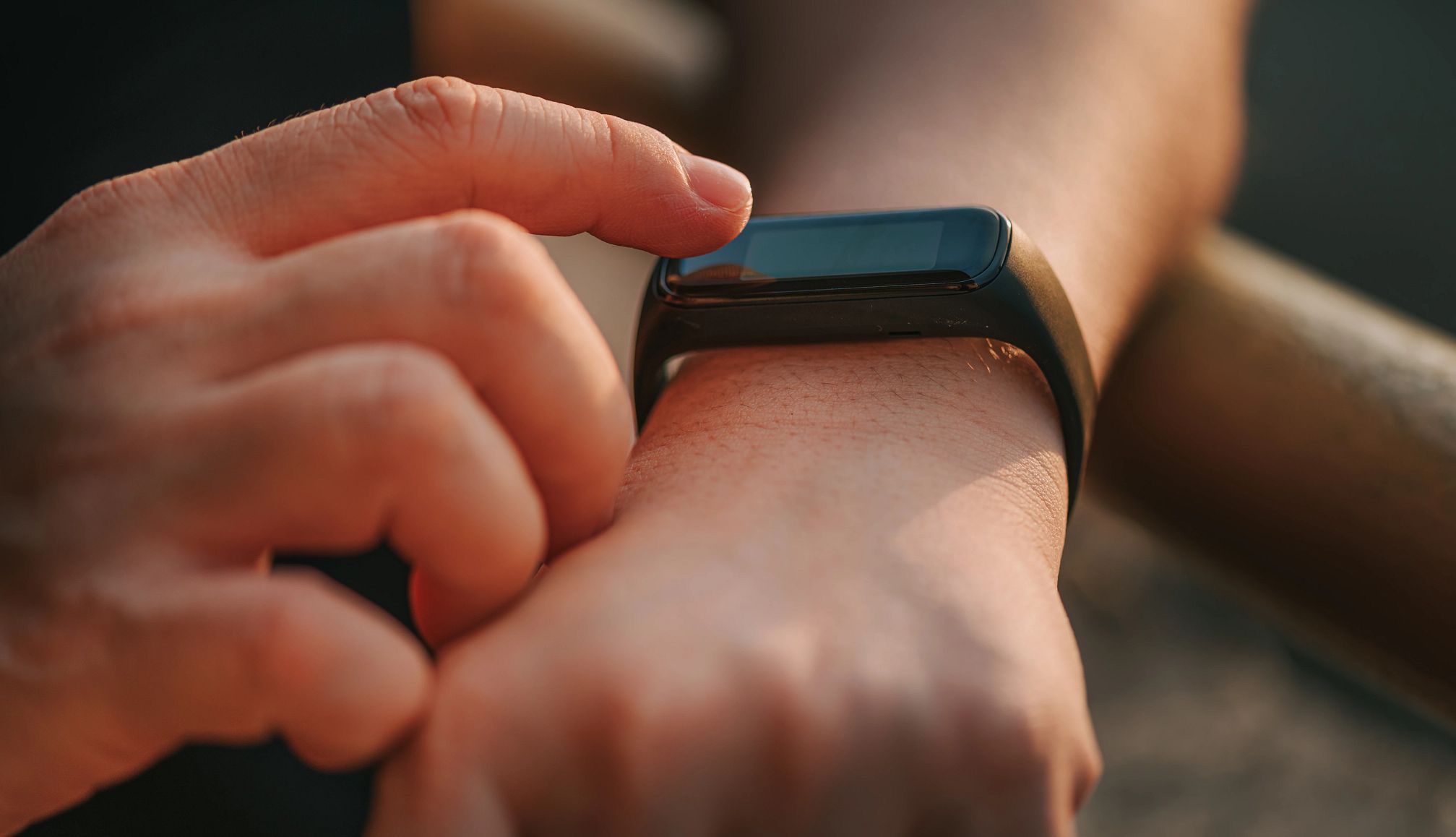
Don’t use your smartwatch or smart ring to measure blood glucose levels, fda says
- Select a language for the TTS:
- UK English Female
- UK English Male
- US English Female
- US English Male
- Australian Female
- Australian Male
- Language selected: (auto detect) - EN
Play all audios:

Your smartwatch may not be so smart, at least when it comes to noninvasive ways of measuring your blood sugar. And this poses a life-threatening risk to people with diabetes. Their
caregivers and health care providers also need to be aware, the federal Food and Drug Administration (FDA) warned Feb. 21. Smartwatches and smart rings that don’t require people to prick
their fingers or pierce the skin in the same manner as continuous glucose monitors (CGMs) can yield blood sugar measurements that are inaccurate, the FDA says. Diabetics who rely on these
measurements may take improper doses of insulin, sulfonylurea or other medications that can rapidly lower blood sugar, which the agency says can quickly lead to “mental confusion, coma or
even death within hours of the error.” The FDA routinely monitors the medical device landscape, but it did not flag specific models or brands as part of its statement. Instead, it warned
patients off smartwatches and smart rings that claim to measure glucose through noninvasive techniques. Consumers typically purchase these devices online or directly from sellers. Dozens of
companies manufacture the wearables, which are sold under multiple brands. Though the FDA didn’t expressly say so, the products are not exactly household names. STEPS TO TAKE IF YOU HAVE A
SMARTWATCH TO MEASURE GLUCOSE 1. If you already own and are using a noninvasive smartwatch or smart ring for the sole purpose of measuring your blood glucose, stop doing so. The FDA has not
reviewed the safety and effectiveness of these devices. 2. Refrain from buying such a device if you haven’t already. 3. Ask your doctor or health care provider for recommendations on a
proper FDA-authorized measurement device. 4. Report any problem if you think you’ve received an erroneous blood glucose measurement or are experiencing any adverse events through the FDA’s
MedWatch Online Voluntary Reporting Form. Under dire circumstances, immediately call 911. 5. Email the FDA’s Division of Industry and Consumer Education at [email protected] with questions.
Or you can call 800-638-2041 or 301-796-7100. ALL DEVICES IN FDA ALERT DON’T PUNCTURE THE SKIN The FDA’s warning applies to any brand of smartwatch or smart ring that claims to measure blood
glucose levels without piercing the skin. That excludes the most prominent wearables manufacturers, including Apple, Google-owned Fitbit, Oura and Samsung, since they don’t make these
claims. Those brands’ only connection to blood glucose is through integrations with third-party CGMs that have the FDA’s blessing. Consumer tech giants have gone all in on health care
monitoring and fitness, selling devices that in some cases include electrocardiogram features able to detect atrial fibrillation (A-fib), an irregular heart rhythm that is a common cause of
stroke. Wearables on the market may also detect falls, determine how well you’re sleeping at night, and measure blood oxygen levels. Apple was recently forced to remove a blood oxygen
measurement sensor on its latest Apple Watch devices after losing a patent infringement dispute now being appealed.
